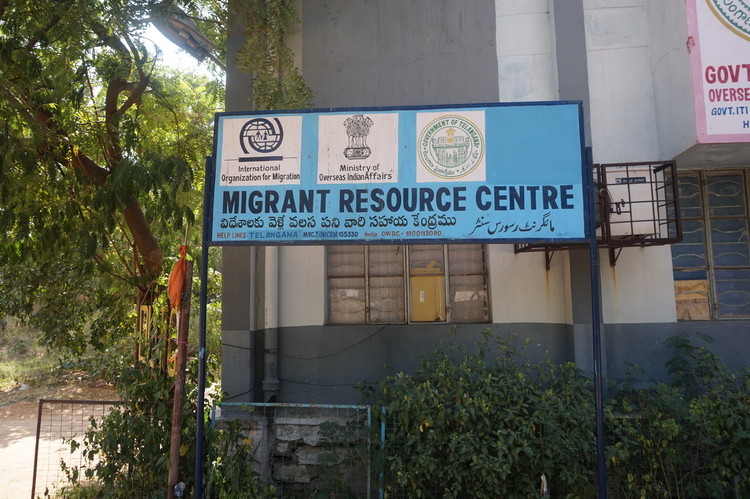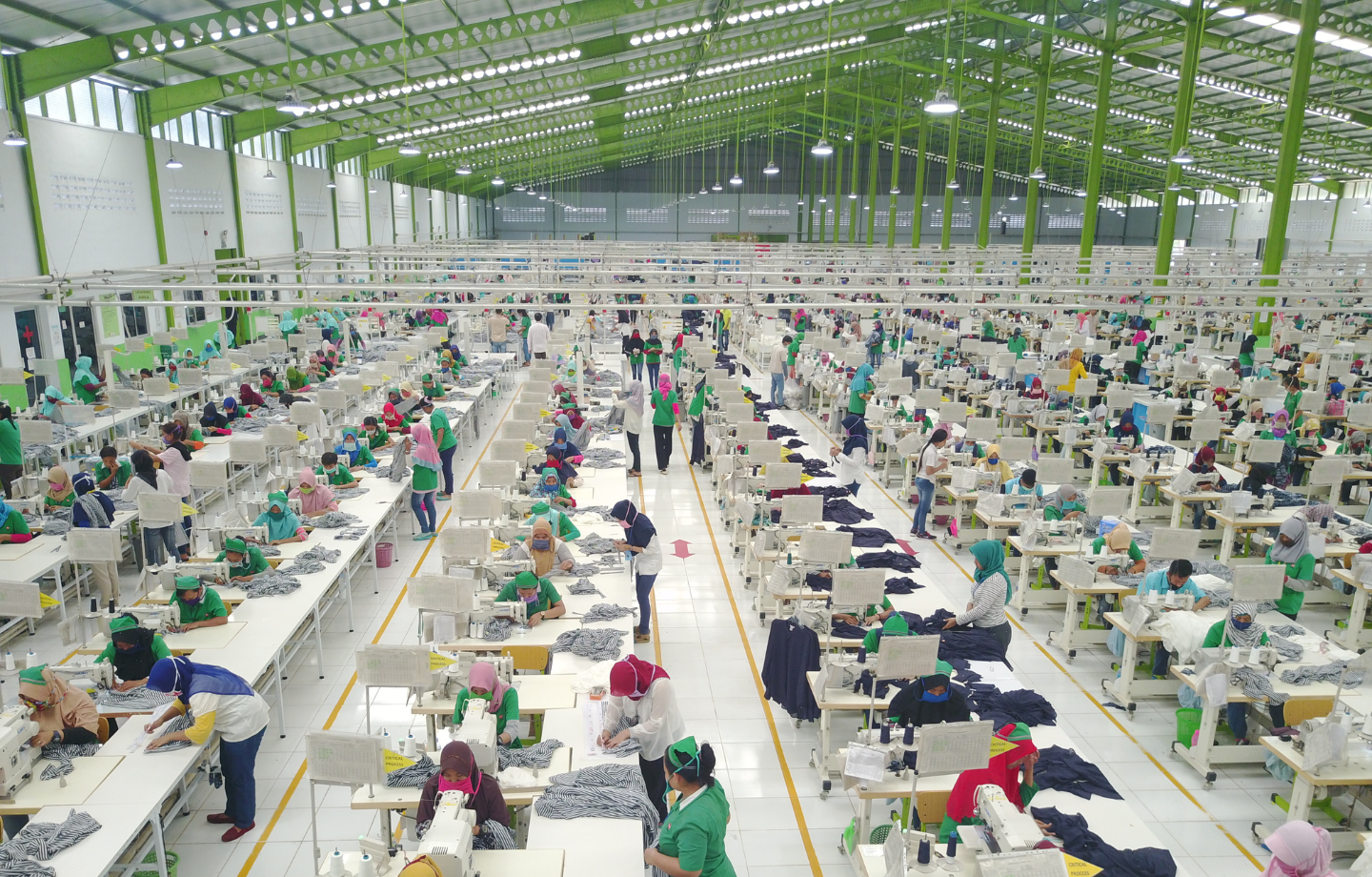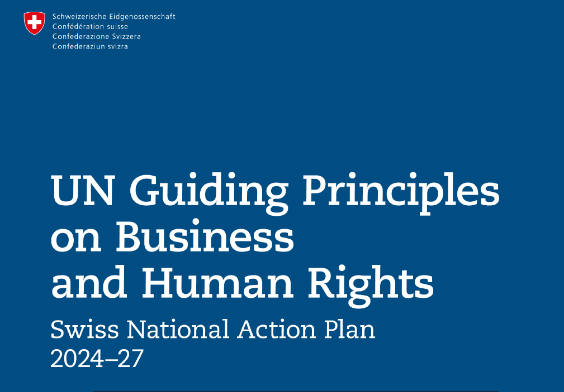For-profit and for workers: Ethical business models on the horizon in the Gulf

March 22, 2016
While international human and labor rights groups have inspired crucial gains in recent years for the rights of migrants in the Gulf, the next wave of meaningful change on this front may well be spurred by for-profit businesses.
Many corporations, particularly large contractors, are already recognizing the need to gain control of their supply chains in order to both adhere to their own often ambitious and forward-looking labor welfare policies and to comply with relevant laws.
But the newest frontier of corporate social responsibility toward migrant rights in the Gulf may be embodied by companies whose core missions are both for-profit and socially-oriented. I recently travelled to Qatar, where several firms are attempting to pave the way in this pursuit.
Daruna Development, which aims to “provide quality and affordable accommodations for the working community” in the Gulf, is attempting to seize on the trends of outsourcing and specialization—so central to business operations in the region—to improve the experiences of migrant workers there. At the moment, almost all migrant workers in Gulf countries are directly employed by their sponsors: large corporations, smaller contractors or sub-contractors, or “manpower” sourcing firms. Daruna emphasizes that employing workers is a cost and a burden for these companies, as employers are responsible for providing housing, food, and other provisions to these individuals (in addition to associated compliance and insurance risks).
Daruna is proposing to take over the day-to-day care of the workers off the job site in order to remove or lighten this burden for employers, particularly for large and small contractors, so that they can get back to providing their bread and butter services. Daruna believes that they will be able to offer their services to interested clients at competitive rates due to increased efficiency—as a result of years of experience in the hospitality industry—and relevant economies of scale. Moreover, Daruna is proposing to assist organizations shoulder their responsibilities for complying with relevant Gulf law and even more robust international standards.
At the same time, companies like Global Staffing Solutions (GSS) are looking to do the same for migrant worker recruitment to the Gulf as Daruna is for services once they arrive. GSS, which already has contracts with NATO and other defense industry clients, specializes in the deployment of staff teams to uniquely challenging environments. Now, they have announced their intention to take their core objectives of providing “quality and efficiency… in end to end staffing solutions” to the Gulf.

In particular, GSS believes that it can streamline the recruitment process, deflate the “cost” of migration, and discourage the payment of recruitment fees by would-be migrants. They hope to do this by working on the ground in migrant-sending countries to train and vet recruiters and offer their clients in the Gulf fully managed service solutions. GSS claims it will make ethical practices worth recruiters’ while by offering competitive compensation and large contracts to them for their services. Companies operating in the Gulf, for their part, would according to this model gain increased visibility into and control over their supply chains, and would likewise shed risk by ensuring they are in compliance with current legal obligations and principles that may become law in the coming years, like the Qatar Foundation Mandatory Standards.
Daruna Development and GSS are but two examples of several exciting business ventures in the Gulf that aim to revolutionize the treatment and experience of migrant workers there, and to turn a profit in the process. Migrant rights advocates will be following their performance with great interest in the years to come. If successful, these initiatives, in tandem with needed legal reforms, may help Qatar, the UAE, and other major migrant-receiving countries turn a corner on the provision of these rights.
 Global Labor
Global Labor


